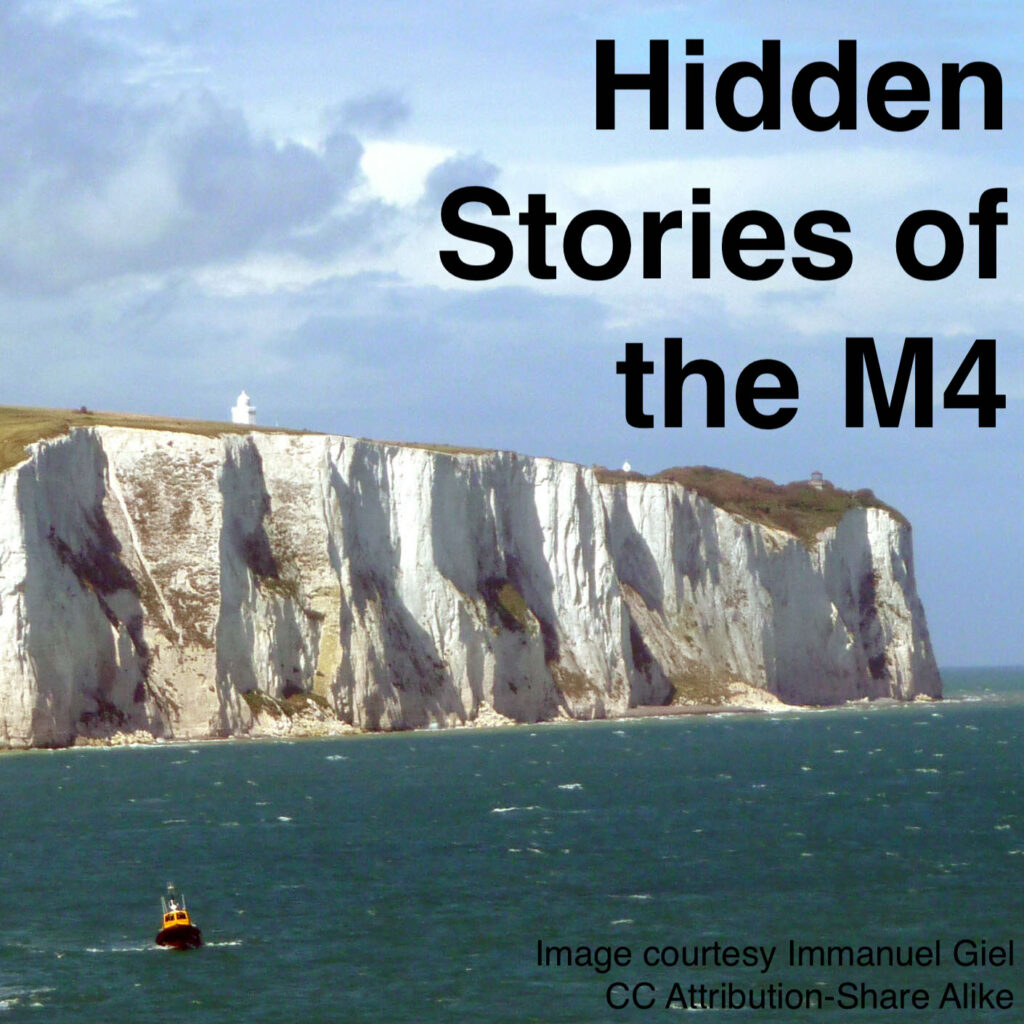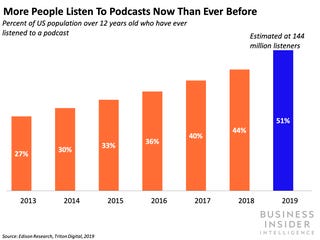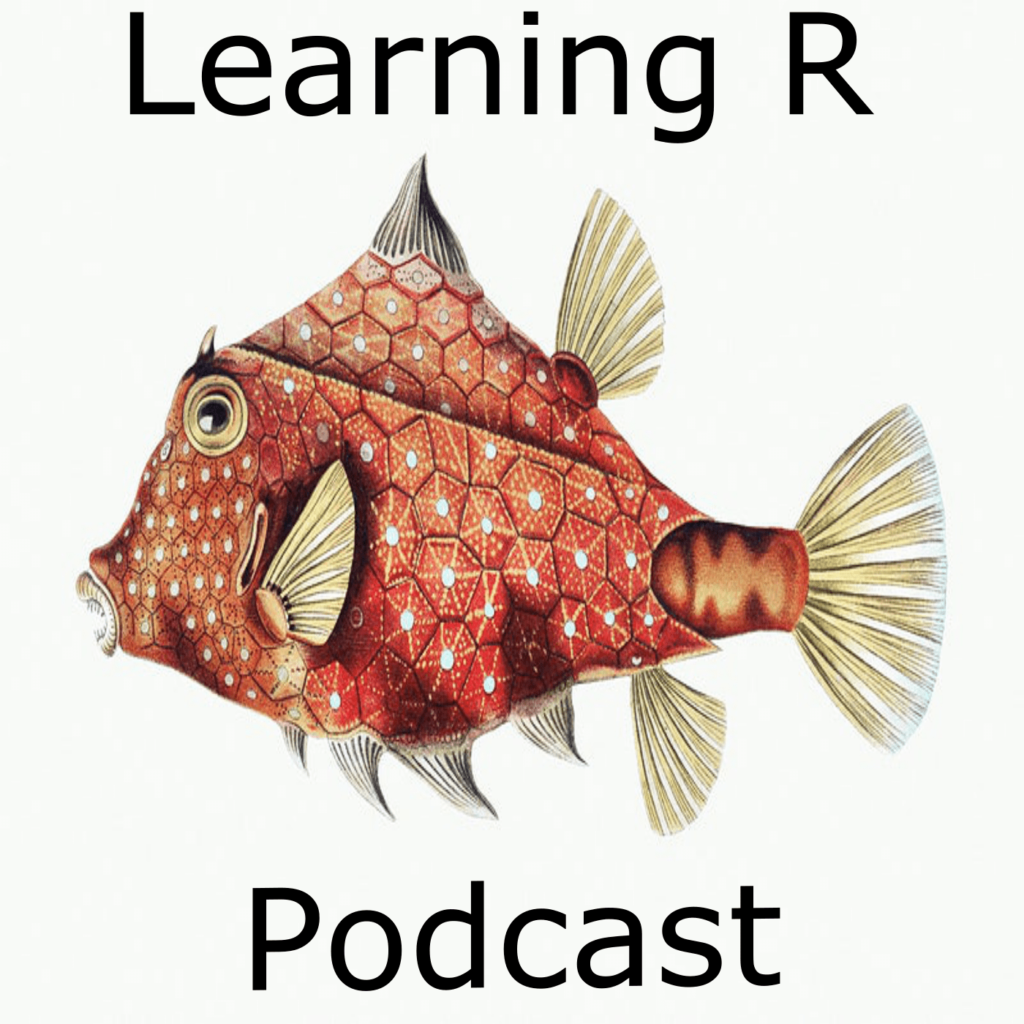Driving along the M4 is a boring business; the surface landscape, while pleasant enough, is quite forgettable. But below the surface the rocks are far more interesting: as you drive west from London you pass over successively older rocks back through the time of the dinosaurs to the ancient life of earth when animals hadn’t yet left the oceans.
Years ago I was on a boat bobbing around the Portuguese coast on a boat tour looking at fantastic natural caves and arches. I was thinking what a shame it was the locals running the tours weren’t telling us anything about the geological period the rocks came from that had made such amazing formations. It occurred to me that you could have a recorded commentary playing from a loud speaker discussing the geology that played as the boat visited the different sites. And then I realized that you could do the same driving along the M4 as you went junction to junction passing over the different geological periods. I’ve now followed through on my idea and produced three short podcasts for each of the most recent geological periods (Cenazoic*, Cretaceous and Jurassic) in the podcast series “Hidden Stories of the M4”:

Feed link https://www.richardtreves.com/feed/podcast/hiddenstoriesm4
(can be put in your podcast player of choice)
You can listen to individual episodes where you like but I designed it to be played as you drive from London west on the M4. The majority of the podcasts are associated with a particular junction and tell you about the rocks underground at each location. The main topics I cover are:
- Individual stories of geologists who discovered the stories such as Mary Anning from the 19th century, now a celebrated paleontologist (fossil expert) but who received little recognition in her own time.
- How we’ve used the geology in our buildings
- History of life including lots about the age of the dinosaurs.
*Actually, this is a geological era not a period but its about as long as the other two.

